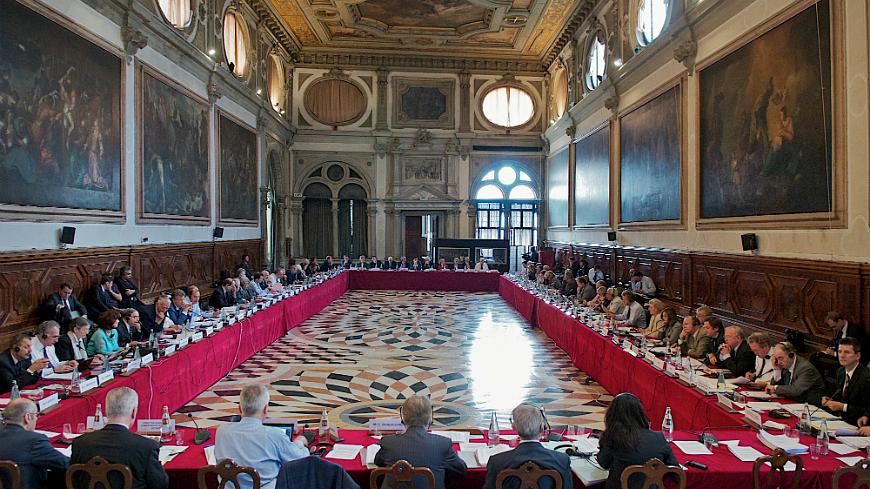Venice Commission issues new negative opinion on Romania’s justice reform



The Venice Commission issued a new negative opinion on Romania’s justice reform, specifically on the emergency ordinances – OUG 7 and OUG 12 the Government adopted at the beginning of this year, which changed some provisions of the three controversial justice laws the Parliament voted in the summer of 2018.
The Venice Commission also criticized the changes to the justice laws in an opinion issued in October 2018, asking Romania to reconsider some of the most controversial provisions.
“The Venice Commission notes with regret that the most problematic elements of the 2018 reform, identified in the opinion of October 2018, either remained unchanged or were aggravated,” reads the new opinion issued by the Venice Commission.
The commission notes that the Romanian Government continues to make legislative amendments by emergency ordinances and calls on the Romanian authorities to drastically limit the use of such instruments. “While the Constitution clearly indicates that this should be an exceptional measure, legislation by GEOs became a routine,” the Venice Commission said.
The international institution also reaffirms that the reasons for creating a special section for investigating magistrates, with loosely defined jurisdiction, remains unclear. “Since the Section would be unable to effectively deal with all cases within its competence, it risks being an obstacle to the fight against corruption and organized crime,” the Venice Commission’s members believe.
The commission notes that nothing has changed in the scheme for the appointment and dismissal of top prosecutors, where the justice minister has the decisive role, and recommends that the Prosecutors’ Section of the Superior Magistracy Council (CSM) is given a key role in this process. Moreover, the Venice Commission says that “it is possible to remove currently serving prosecutors with reference to the new eligibility criteria, arbitrarily chosen”, and urges the Romanian authorities not to apply the new eligibility criteria to those prosecutors who were already in place when the respective amendments were made.
President Klaus Iohannis had a quick reaction after the Venice Commission’s opinion and asked the Government to quickly undo the special section and implement the recommendations of the Venice Commission.
Meanwhile, several members of the Superior Magistracy Council (CSM) boycotted the meeting in which the CSM was supposed to assess the candidacy of prosecutor Adina Florea for head of the section for investigating magistrates.
editor@romania-insider.com
(Photo source: Council of Europe's website)